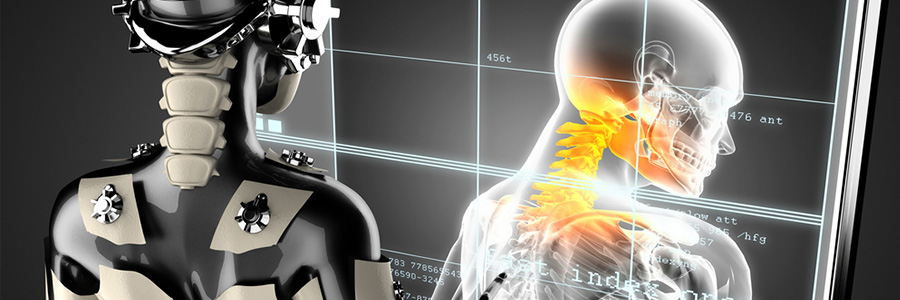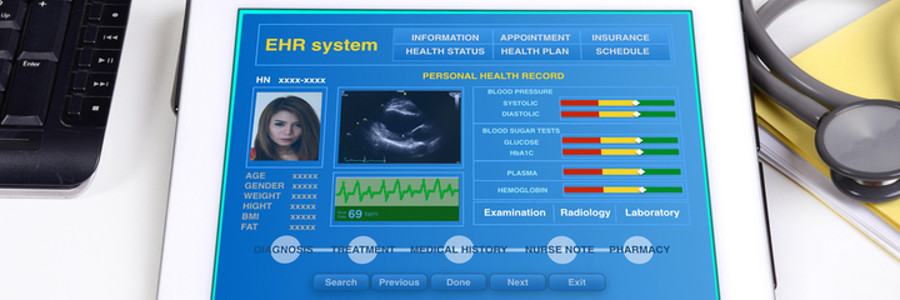Since 2011, the trojan Stegoloader has infected machines all over the U.S. with malware disguising itself as a pirated product key generator. Once deployed, the trojan steals electronic medical records and attacks system vulnerabilities. Although the healthcare industry has been the primary target, other businesses are not invulnerable.
The revolutionary power of AI in healthcare

Technology is constantly changing and evolving. And while many of these changes are designed to add convenience to people's lives, there is a chance that some technological advances can do much more. Artificial intelligence (AI) is a form of technology that may have the potential to do real good for humankind through applications in the healthcare industry.
Big data helps hospitals lower readmissions
Record $5.5 million HIPAA penalty doled out

The tech industry is littered with buzzwords: overused jargon generally meant to inspire feelings of hope and accomplishment. Not all have positive connotations however, and data compliance is one of those spooky buzzwords that many small- and medium-sized businesses have scant specific knowledge about.
EHR hardware: what you need to know

Ease of access, legibility, and accuracy are all key factors when you’re maintaining important business records. They’re even more important when it comes to the tracking of medical patients’ information. And thanks EHR, you no longer need to shuffle through reams of paper files, attempt to decipher doctors’ messy handwriting, or wonder if the data is up-to-date.
How hi-tech can healthcare get?

Corporate giants like Microsoft, Google and Apple are essentially cultural icons because their software and hardware innovations have been, dare we say, revolutionary. Similarly, in the not-too-distant future, we’ll be looking back and marvelling about how healthcare once existed without some of the radical-sounding technologies that are tantalizingly close to becoming reality.
Apple HealthKit: what’s in it for you?
Learn from this NFL team’s EMR fumble
Healthcare trends you should follow

“We are living in a digital world, and healthcare practices need a URL”. If Madonna could change the lyrics of her 1984 classic to speak to the healthcare industry, she may have sang something like this. A URL is just one facet of the digital strategy that hospitals and private practices alike will need to adapt if they wish to remain competitive in today’s world.





